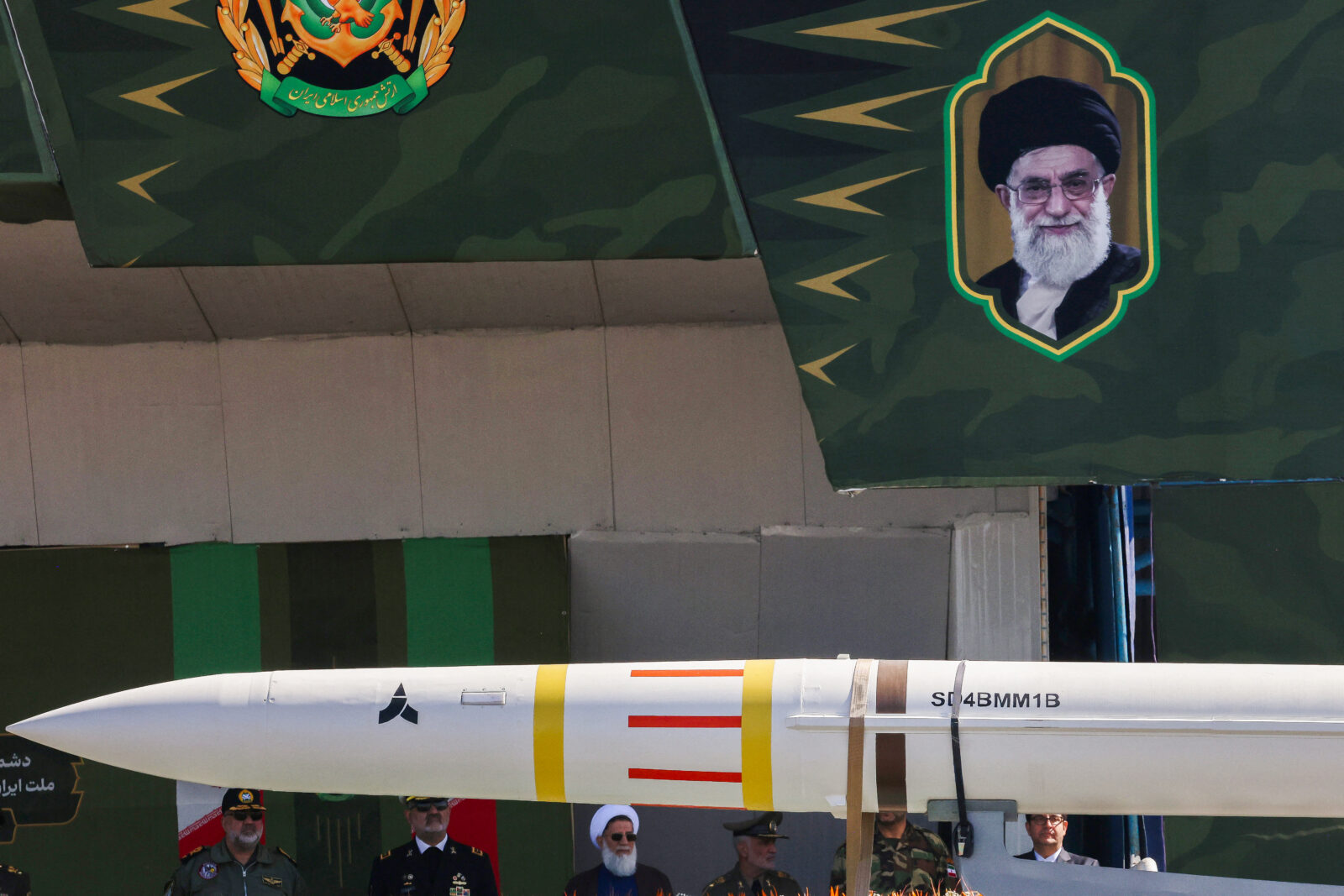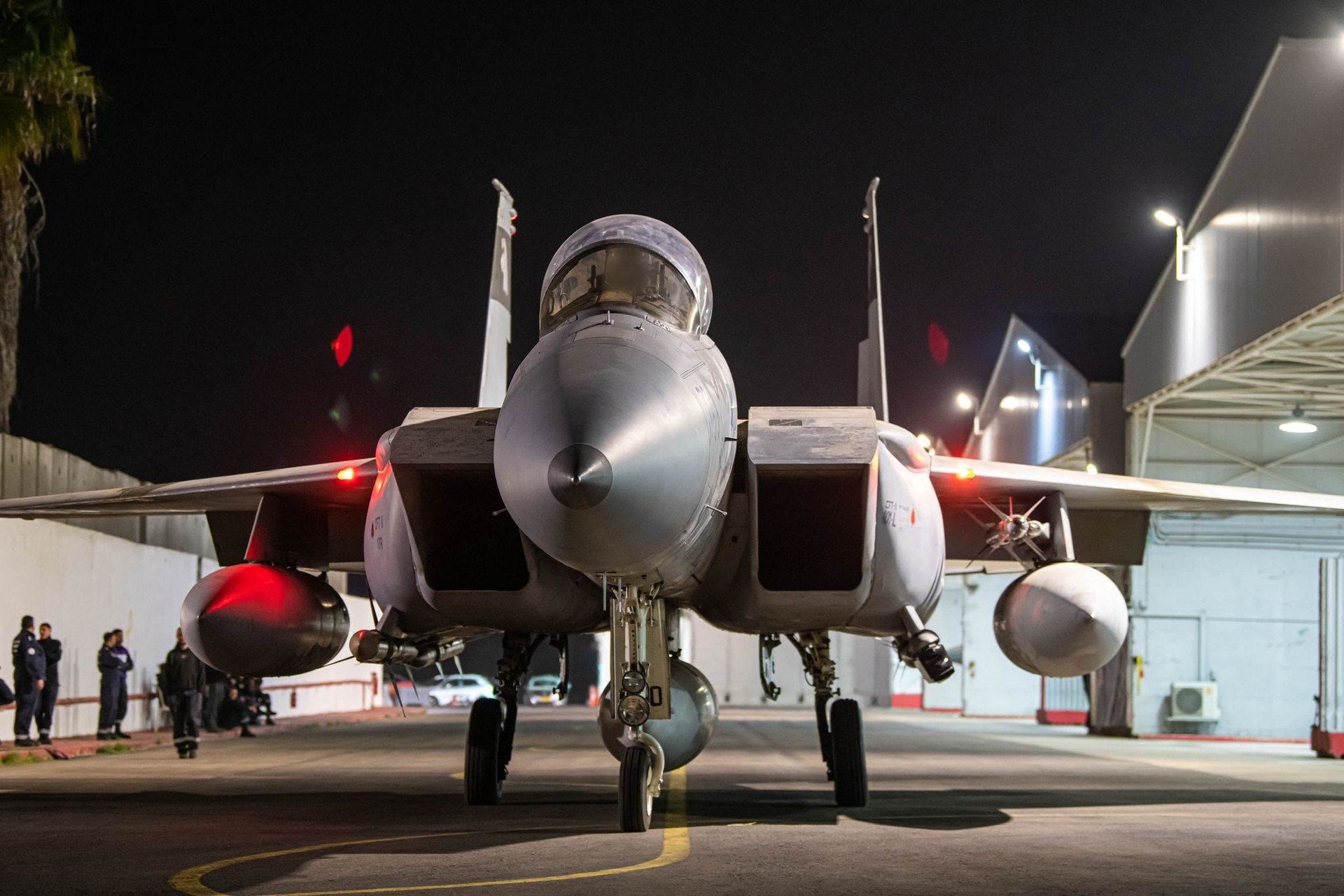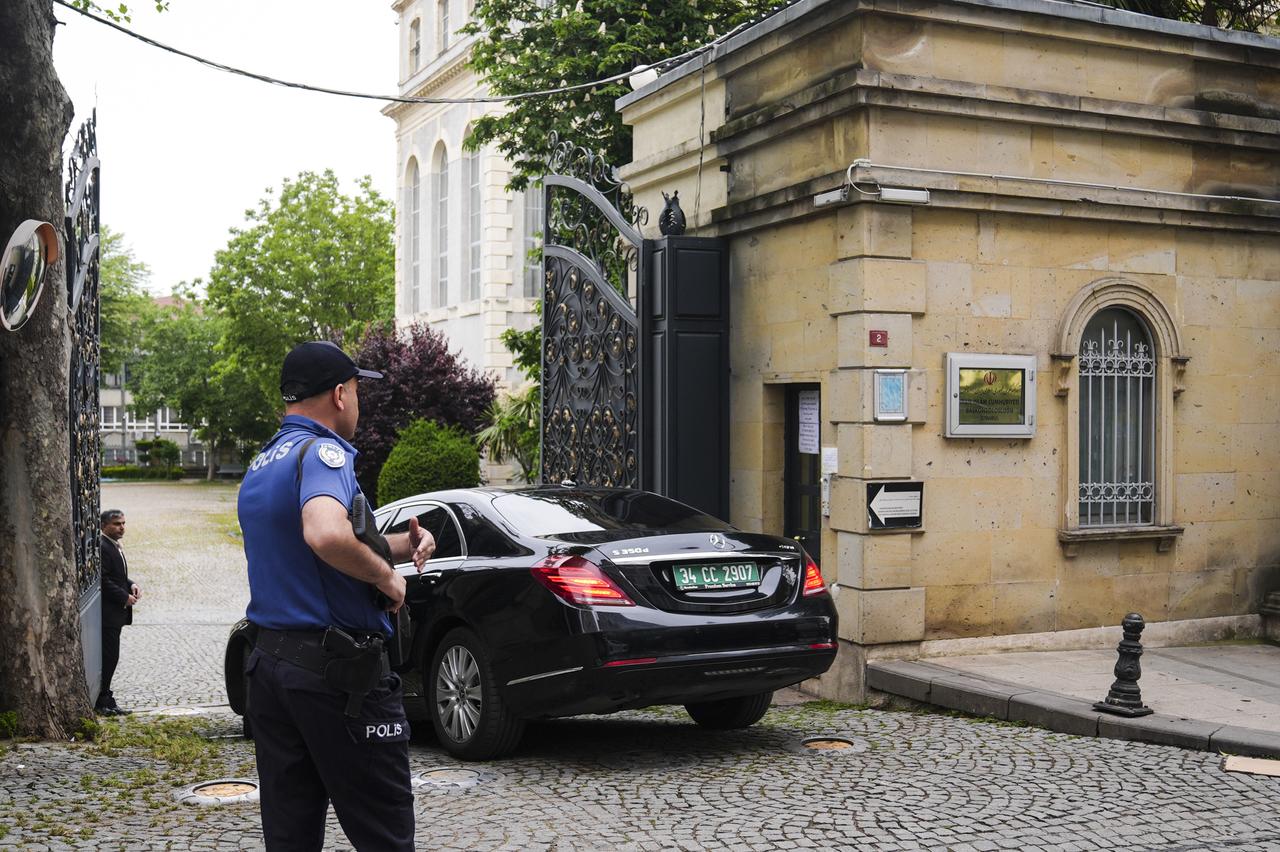
Israel is making preparations to swiftly strike Iran's nuclear facilities if negotiations between the United States and Iran collapse, according to multiple intelligence sources and reports from Axios and CNN.
U.S. intelligence indicates Israel is preparing a strike on Iranian nuclear facilities, with such a move marking a "brazen break" from President Donald Trump's diplomatic push, U.S. officials told CNN.
The Israeli intelligence community has shifted in recent days from believing a nuclear deal was close to thinking talks could soon break down, two Israeli sources with knowledge of the discussions told Axios.

One Israeli source said the military believes its operational window to conduct a successful strike could close soon, requiring Israel to move quickly if talks fail.
The source declined to specify why the military believes a strike would be less effective later.
Both sources confirmed CNN's reporting that the Israeli army has been conducting exercises and other preparations for a possible strike in Iran.
"There was a lot of training, and the U.S. military sees everything and understands Israel is preparing," one source said. While no final decision has been made by Israeli leaders, "intercepted Israeli communications and observations of Israeli military movements" suggest an imminent strike, CNN reported, citing multiple sources familiar with the intelligence.

Israeli sources indicate Prime Minister Benjamin Netanyahu is waiting for nuclear talks to collapse before seeking approval for military action.
"Bibi is waiting for the nuclear talks to collapse, and for the moment, Trump will be disappointed about the negotiations and open to giving him the go-ahead," an Israeli source told Axios, using Netanyahu's nickname.
However, a U.S. official told Axios the Trump administration is concerned Netanyahu might make his move even without a green light from President Trump.
Netanyahu held a highly sensitive meeting earlier this week with top ministers and security and intelligence officials regarding the nuclear talks' status, according to an Israeli official.
The fifth round of U.S.-Iran nuclear talks is scheduled to take place Friday in Rome, though negotiations have encountered significant obstacles.
White House envoy Steve Witkoff gave his Iranian counterpart a written proposal during the last round ten days ago, with confidence initially growing that an agreement could be reached.
The negotiations hit a roadblock over Iran's domestic enrichment capability question.
"We have one very clear red line, and that is enrichment. We cannot allow even 1% of an enrichment capability," Witkoff told ABC's "This Week" on Sunday.
Iran's leaders have repeatedly stated they will not sign a deal that prohibits enrichment activities.

Israeli sources indicated any strike on Iran would not be a one-off operation but a military campaign lasting at least a week.
Such an operation would be highly complicated and perilous for Israel and regional stability. Countries in the region fear an Israeli strike could cause widespread radioactive fallout and potentially trigger broader conflict.
One intelligence source told CNN that "the chance of an Israeli strike on an Iranian nuclear facility has gone up significantly in recent months."
"And the prospect of a Trump-negotiated U.S.-Iran deal that doesn't remove all of Iran's uranium makes the chance of a strike more likely," the source added.

The U.S. has observed military activity in Israel, including air munitions movement and completion of air exercises, CNN reported, citing two sources.
However, a source familiar with the Trump administration's thinking said Washington is unlikely to support an Israeli operation against Iranian nuclear sites unless provoked by Tehran.
Trump previously warned that Iran would face "something bad" if it did not quickly accept a U.S. proposal regarding its nuclear program.
Iranian officials have denied receiving any written proposal, either directly or indirectly, from the United States.
Iran's Supreme Leader Ayatollah Ali Khamenei said Tuesday that he does not believe the ongoing indirect nuclear negotiations between Tehran and Washington will lead to "any meaningful outcome."
Netanyahu said in his first press conference in six months on Monday that Israel and the U.S. are fully synchronized on Iran policy.
"We respect their interests, and they respect our interests, and they overlap almost completely," Netanyahu stated.
Netanyahu said he would respect any deal that prevents Iran from enriching uranium and blocks it from obtaining nuclear weapons.
"But in any case, Israel maintains the right to defend itself from a regime that is threatening to annihilate it," he added.